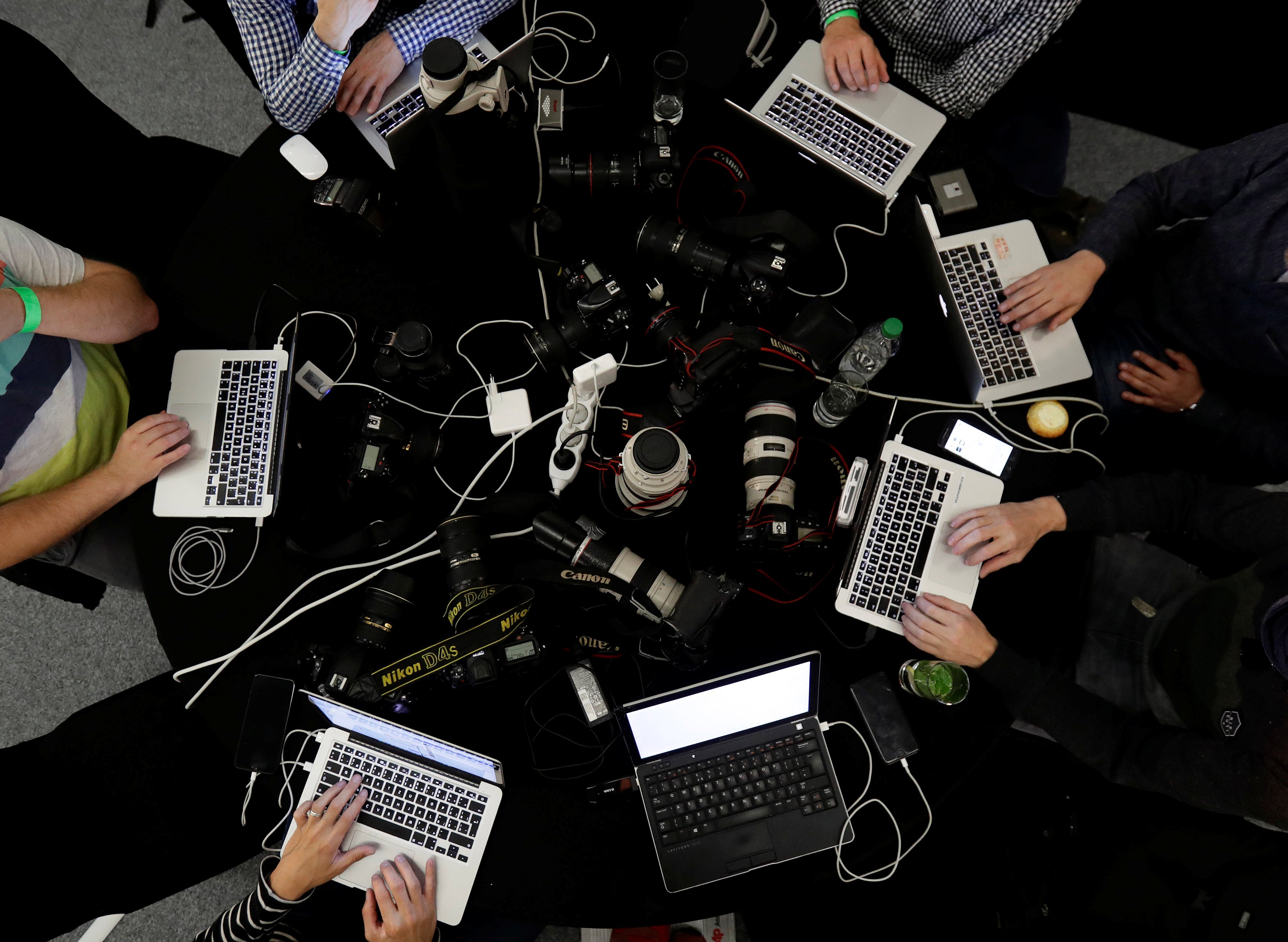
The current news agency business model is “terminal” according to one agency owner who has decided to experiment with a new hybrid approach.
Major agencies, such as Press Association and Reuters, operate by offering publishers a subscription to use as much content as they like. Smaller local and specialist agencies tend to send out as many stories as possible to a variety of outlets and see payment, usually after publication, for the content that gets used.
Austria-based agency owner Michael Leidig is instead now adopting a hybrid model for his outlets CEN, Asia Wire and Newsflash along with two associate agencies Clipzilla and Golders. Together, the five agencies have effectively sacked 90% of their customers, and are instead operating exclusively with five publishers.
Leidig said: “There are many problems with the agency model, but what makes it terminal in its current form is Google, which has once again demonstrated that it does not understand the news business despite its key role in distributing it.
“Google’s algorithm makes no distinction between a Reuters report republished by a professional media service that paid for it, and a report simply lifted and republished by a news amalgamation site that may have no journalists, and republishes anything from anywhere, potentially spreading fake news and making no contribution to the news landscape.
“Google treats them all the same, and that means news media that republish agency copy in order to get urgent stories out quickly end up being penalised in Google rankings if the text is not completely rewritten.
“This means that instead of doing original stories, journalists are being employed to rewrite the material which is perfectly good in the first place.
“What is the point of having somebody in a London newsroom thousands of miles away from the story they have been asked to add to a site attempting to reorder the words when they could be doing an original story themselves?
“A vast amount of resources invested simply to avoid falling foul of the Google algorithm.
“It also raises the question of what is the difference between a media company having staff rewrite something from Reuters or Associated Press that they have to pay for but can’t use in the form delivered, or just rewriting something from a credible news source like the BBC, Guardian or the Times?
“The answer is the subscription needed to pay for a big international news wire agency, which is why more and more media are deciding they can do without it.”
Leidig said that smaller agencies like his suffer by having their articles rewritten widely and then used without payment.
Whereas the copyright on images is relatively easy to enforce, words are much harder – with the result that many independent news agencies have now become video and picture syndication companies.
Leidig said: “Text with this business model has become reduced to picture captions needed to sell material, many employ no qualified journalists at all and text is given away for free to try and sell the illustrations.”
By offering content exclusively to a handful of publishers Leidig hopes to increase the value of the coverage he is providing and also save time spent chasing payments from the 90% of lower value clients.
In another new development, Leidig has begun providing stories complete with details of sources used and what steps were taken to verify the story. The five agencies are together operating under the brand of the Fourth Estate Alliance.
He said: “This means when the inevitable rewrite happens, it can be done speedily and quickly, offering the partner the chance to even develop or expand on the story and create something new in the media landscape.
“The experience so far has shown media partners are making sure our agencies get credit, which means payment.”
Picture: Reuters/David W Cerny
Email pged@pressgazette.co.uk to point out mistakes, provide story tips or send in a letter for publication on our "Letters Page" blog
